What Is The Smartest Animal? Discovering the answer to this question unveils a world of cognitive abilities and complex behaviors across the animal kingdom. WHAT.EDU.VN is here to explore the fascinating world of animal intelligence, shedding light on how we measure it and which creatures stand out. Animal cognition, problem-solving skills, and learning capabilities are key to understanding the smartest animals. Are you curious about animal behavior or comparative cognition? Start your journey today on WHAT.EDU.VN and ask your questions to learn more!
1. Understanding Animal Intelligence: More Than Just Brain Size
Determining which animal is the smartest isn’t as simple as comparing brain sizes. Animal intelligence manifests in various forms, from solving complex problems to exhibiting intricate social behaviors. It’s a multifaceted concept that requires careful evaluation, moving beyond human-centric definitions. Understanding these nuances is crucial.
2. How Do Scientists Measure Animal Intelligence?
Scientists use multiple approaches to assess animal intelligence. These include:
-
Encephalization Quotient (EQ): This measures the ratio of brain size to body size. Higher EQ often indicates greater cognitive potential, but it’s not the only factor.
-
Number of Neurons: Counting neurons, especially in the cerebral cortex, can provide insights into information processing capacity.
-
Problem-Solving Skills: Observing how animals tackle challenges, like tool use or navigating mazes, reveals their cognitive flexibility.
-
Communication and Social Structures: Complex communication systems and intricate social hierarchies suggest advanced cognitive abilities.
-
Learning and Memory: The ability to learn new skills and remember past experiences is vital for survival and indicates higher intelligence.
-
Self-Awareness: The capacity to recognize oneself, often tested with the mirror test, is a significant marker of cognitive sophistication.
3. The Importance of Avoiding Anthropomorphism
When assessing animal intelligence, it’s crucial to avoid anthropomorphism – attributing human characteristics and thought processes to animals. Intelligence should be measured based on how well an animal adapts to its environment and fulfills its ecological role. Judging animals by human standards can lead to inaccurate and unfair conclusions.
4. Top Contenders: Animals with Remarkable Intelligence
Several species stand out for their exceptional cognitive abilities. While ranking them precisely is challenging, these animals consistently demonstrate remarkable intelligence:
-
Chimpanzees: Our closest relatives share 98.8% of our DNA and display advanced problem-solving skills, tool use, and self-awareness.
-
Orangutans: These apes excel in learning and memory, particularly in crafting tools for foraging and shelter building.
-
Bonobos: Known for their empathy and cooperation, bonobos exhibit impressive communication skills and problem-solving abilities.
-
Dolphins: With their complex social structures and echolocation abilities, dolphins showcase remarkable cognitive prowess and self-awareness.
-
Elephants: Renowned for their exceptional memory and intricate social bonds, elephants demonstrate high emotional intelligence and cognitive abilities.
-
Ravens, Crows, and Magpies: These birds display impressive problem-solving skills, tool use, and even the ability to plan for the future.
-
Gorillas: As the largest of the great apes, gorillas exhibit intelligence through tool use and the ability to learn sign language in captivity.
-
Orcas: Also known as killer whales, orcas live in tightly-knit family groups and pass on unique hunting techniques across generations.
-
African Grey Parrots: These parrots demonstrate the ability to understand concepts like color, shape, and number, showcasing remarkable cognitive abilities.
-
Dogs, Wolves, Foxes, and Coyotes: Canines possess an incredible ability to understand human gestures and expressions, as well as strong problem-solving skills.
5. Other Intelligent Animals Worth Mentioning
Beyond the top contenders, other animals exhibit notable intelligence:
-
Pigs: Smarter than dogs and 3-year-old children, pigs can learn complex tasks, recognize symbols, and understand human emotions.
-
Cats: Possessing a cunning and resourceful intellect, cats demonstrate problem-solving skills and learn through observation.
-
Octopuses: Masters of camouflage and problem-solving, octopuses can solve complex puzzles and navigate mazes.
-
Cuttlefish: With their ability to change color and create mesmerizing displays, cuttlefish exhibit high levels of intelligence.
-
Squirrels: Known for their keen spatial memory and cunning behaviors, squirrels display strategic thinking and adaptability.
-
Rats: Exhibiting strong social intelligence and problem-solving skills, rats are capable of learning, remembering, and adapting to new information.
6. The Role of Social Learning in Animal Intelligence
Social learning, the ability to learn from others, plays a crucial role in the development and expression of animal intelligence. Many species, particularly those with complex social structures, learn essential skills and behaviors through observation and imitation. This cultural transmission of knowledge can lead to innovative problem-solving and adaptation.
7. Intelligence and Adaptation: A Symbiotic Relationship
Intelligence and adaptation are intrinsically linked. Animals with higher cognitive abilities are better equipped to adapt to changing environments, solve novel problems, and exploit new resources. This adaptability is essential for survival and reproductive success. The smartest animals often thrive in diverse and challenging habitats.
8. Are Humans the Smartest Animals? A Matter of Perspective
While humans often consider themselves the smartest animals, this view is subjective. Human intelligence is undoubtedly advanced in certain domains, such as abstract reasoning and technological innovation. However, other species may excel in areas where humans fall short, such as sensory perception or navigation. Intelligence is a spectrum, and each species has evolved cognitive abilities that suit its unique needs.
9. The Future of Animal Intelligence Research
Research on animal intelligence is constantly evolving. Advances in neuroscience and behavioral ecology are providing new insights into the cognitive abilities of various species. Future research will likely focus on:
- Understanding the neural basis of intelligence: Investigating the brain structures and neural processes that underlie cognitive abilities.
- Exploring the diversity of intelligence: Examining the unique forms of intelligence that have evolved in different species.
- Investigating the role of genetics and environment: Determining how genes and environmental factors interact to shape intelligence.
- Developing new methods for assessing intelligence: Creating more sophisticated and nuanced ways to measure cognitive abilities in animals.
10. FAQs About Animal Intelligence
| Question | Answer |
|---|---|
| What is the encephalization quotient (EQ)? | The EQ is the ratio of brain size to body size. It’s used as a rough measure of intelligence, but it has limitations as it doesn’t account for brain structure or functionality. |
| How do scientists test for self-awareness in animals? | The mirror test is often used, where animals are observed to see if they recognize themselves in a mirror. However, not passing the test doesn’t necessarily mean an animal lacks self-awareness. |
| Is brain size the only factor in determining intelligence? | No, brain size is not the only factor. The structure of the brain, how neurons are connected, and cognitive attributes tailored to their specific way of life are also important. |
| What is anthropomorphism, and why is it important to avoid it? | Anthropomorphism is attributing human characteristics to animals. It’s important to avoid because it can lead to inaccurate conclusions about animal intelligence, as intelligence should be measured based on how well an animal adapts to its environment. |
| Why are dolphins considered intelligent? | Dolphins are known for their playful nature and sociability. They use echolocation, live in intricate social networks, engage in cooperative behaviors, and can recognize themselves in mirrors, all of which demonstrate a high level of cognitive prowess. |
| How do ravens show their intelligence? | Ravens are known for their problem-solving skills and understanding cause-and-effect relationships. They craft tools from natural materials to obtain food sources and can plan for the future, indicating a high level of cognitive sophistication. |
| Are dogs smarter than cats? | It depends on the type of intelligence being measured. Dogs have an incredible ability to understand human gestures and expressions, while cats possess a cunning and resourceful intellect, honed through their evolution as solitary hunters. |
| What makes octopuses so intelligent? | Octopuses can change color, texture, and shape, making them masters of camouflage. They can solve complex puzzles, navigate mazes, and even unscrew jars to access food, showcasing their intelligence and resourcefulness. |
| How does social learning contribute to animal intelligence? | Social learning allows animals to learn essential skills and behaviors through observation and imitation. This cultural transmission of knowledge can lead to innovative problem-solving and adaptation. |
| Why is it difficult to rank animals by intelligence? | Intelligence manifests in various forms, and each species has evolved cognitive abilities that suit its unique needs. What might be a sign of intelligence in one species may not be relevant or necessary for another, making direct comparisons challenging. |

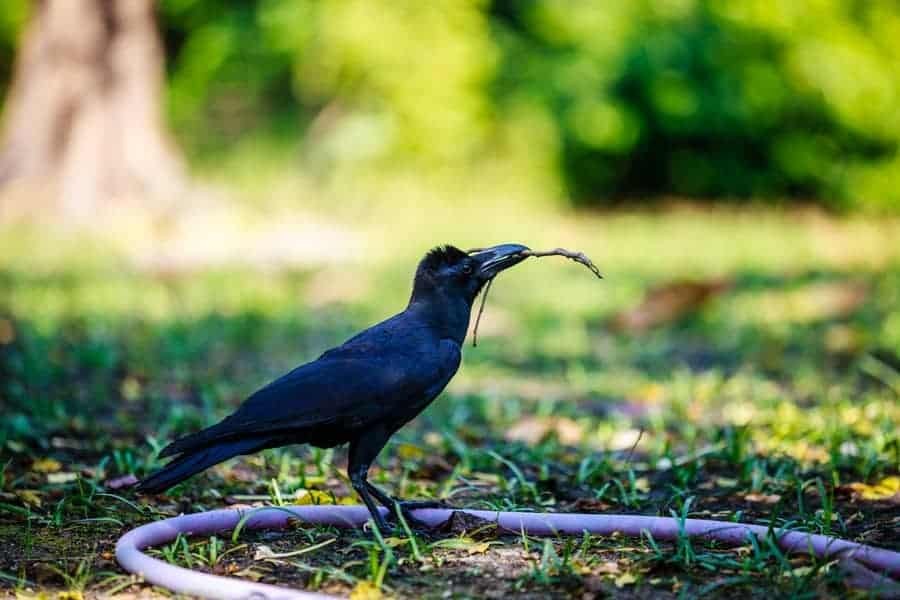
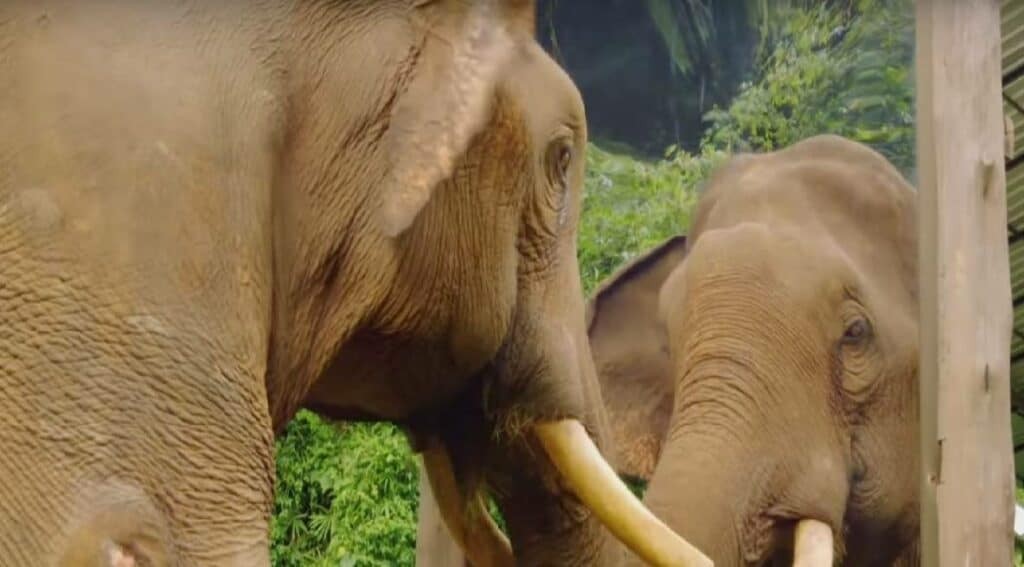
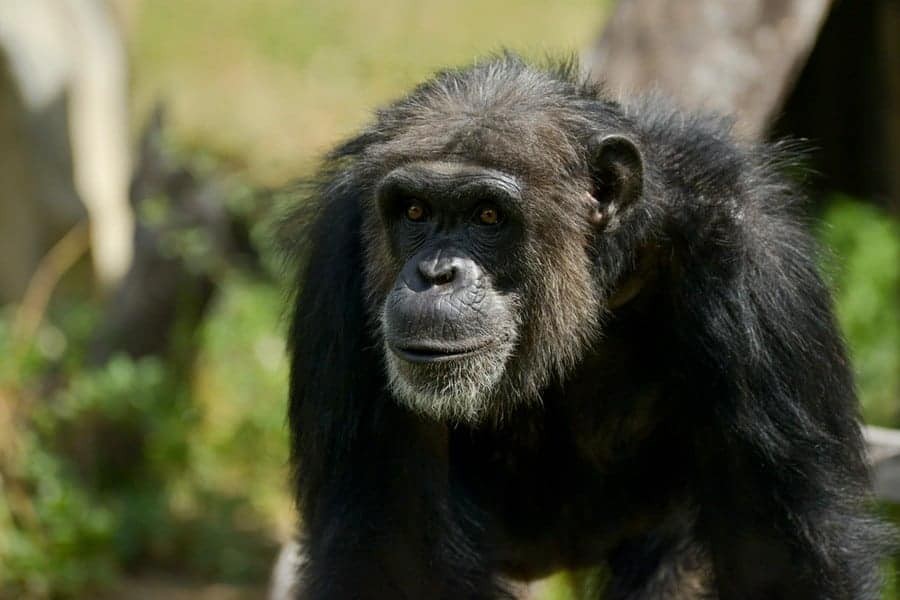
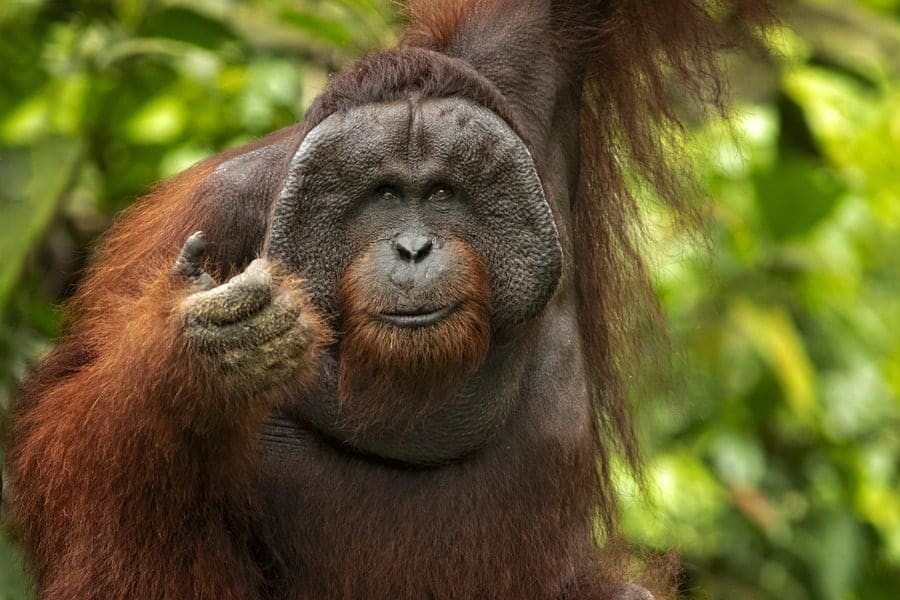

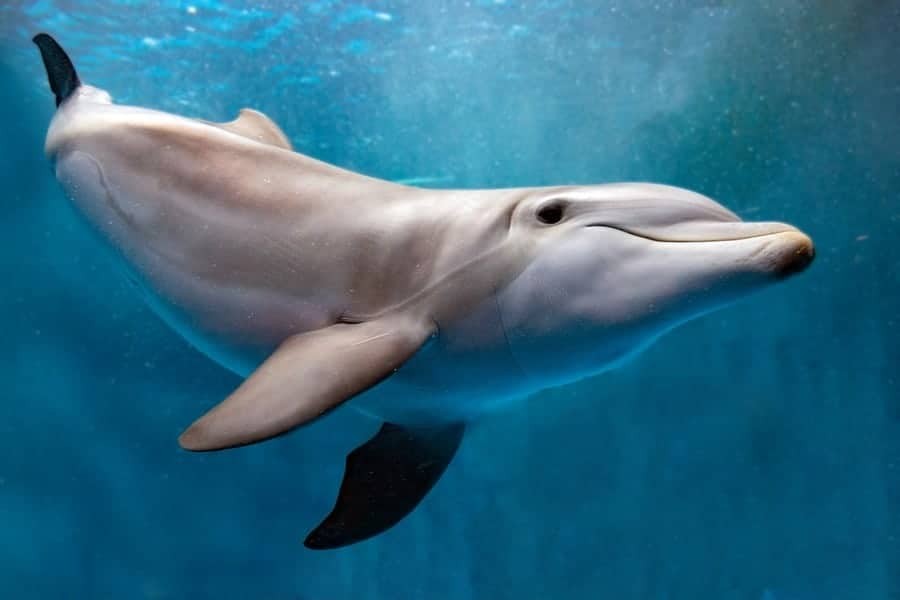
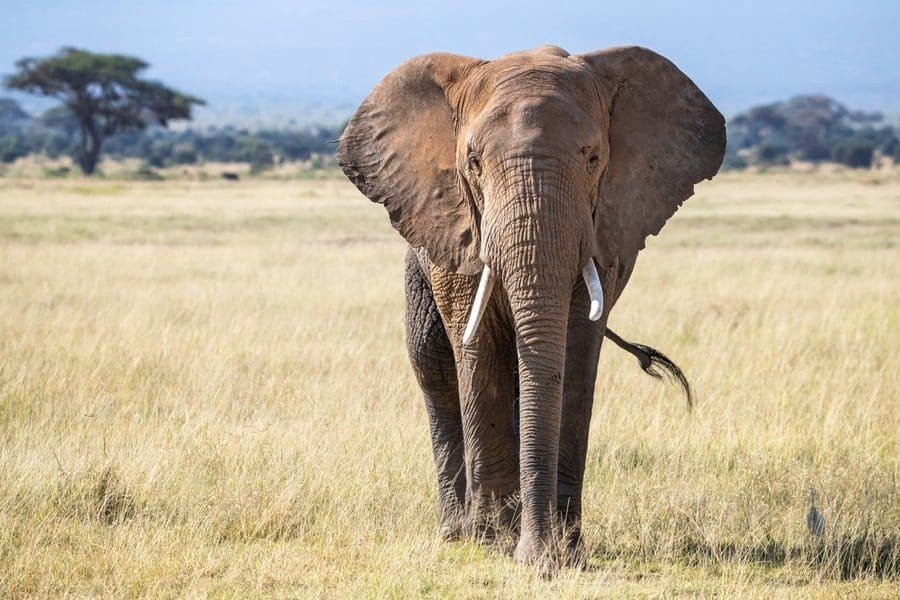
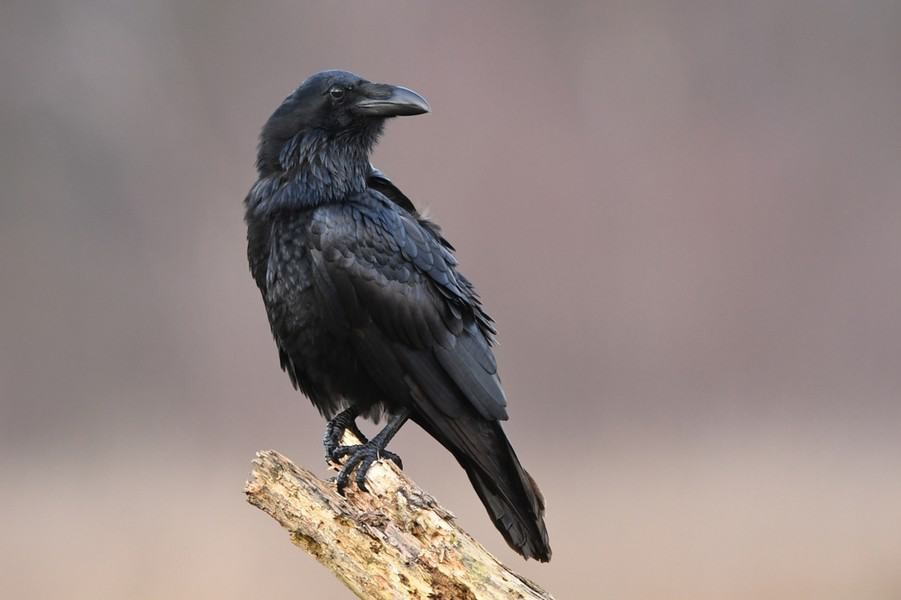
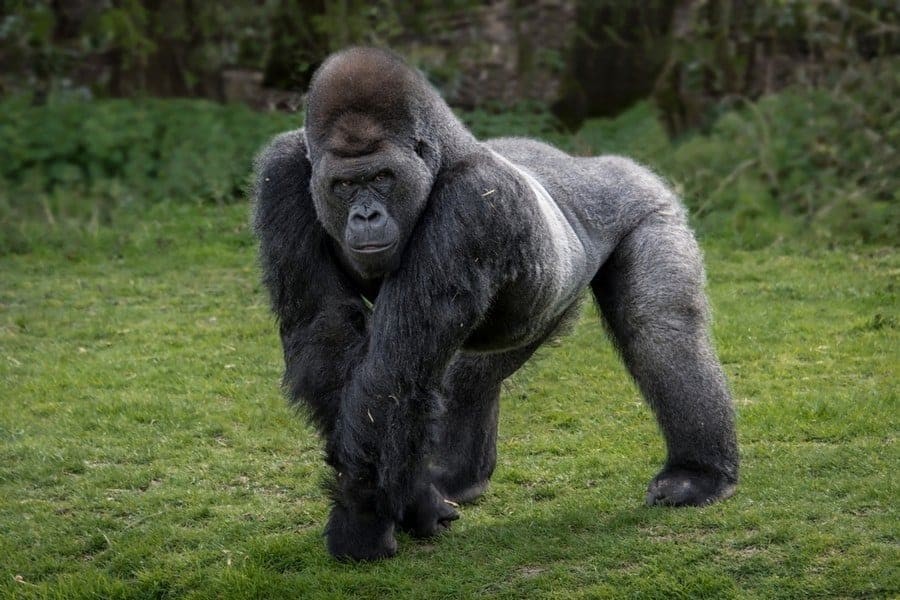
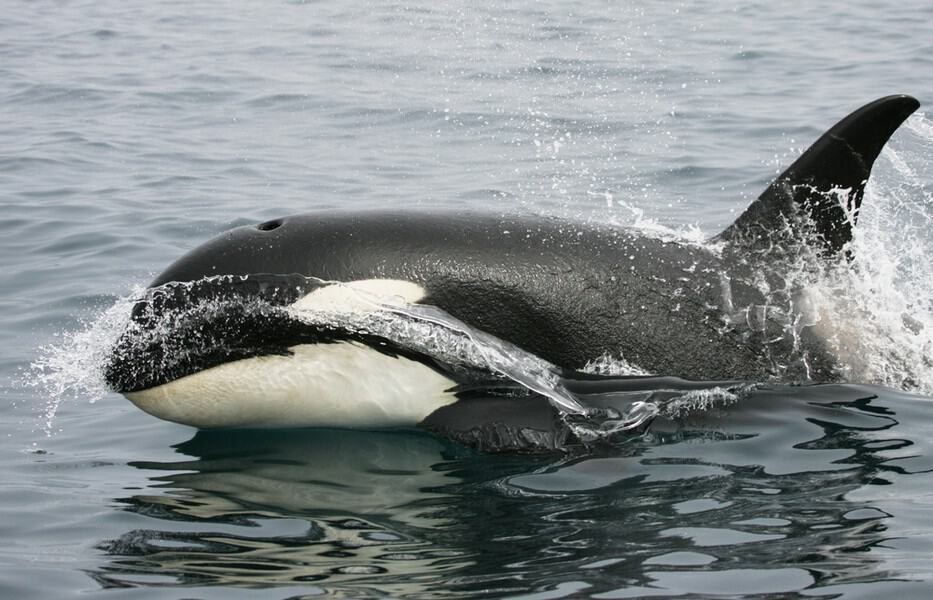
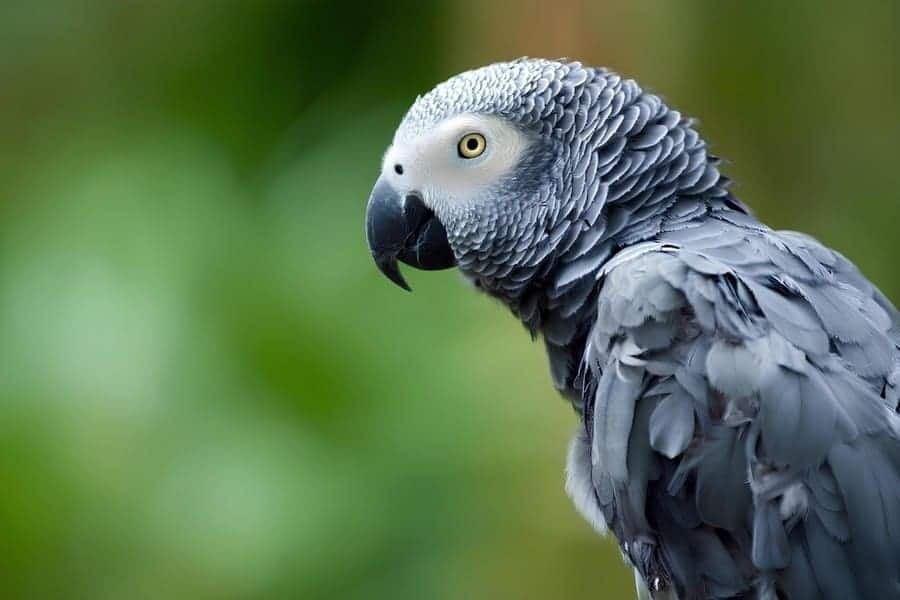
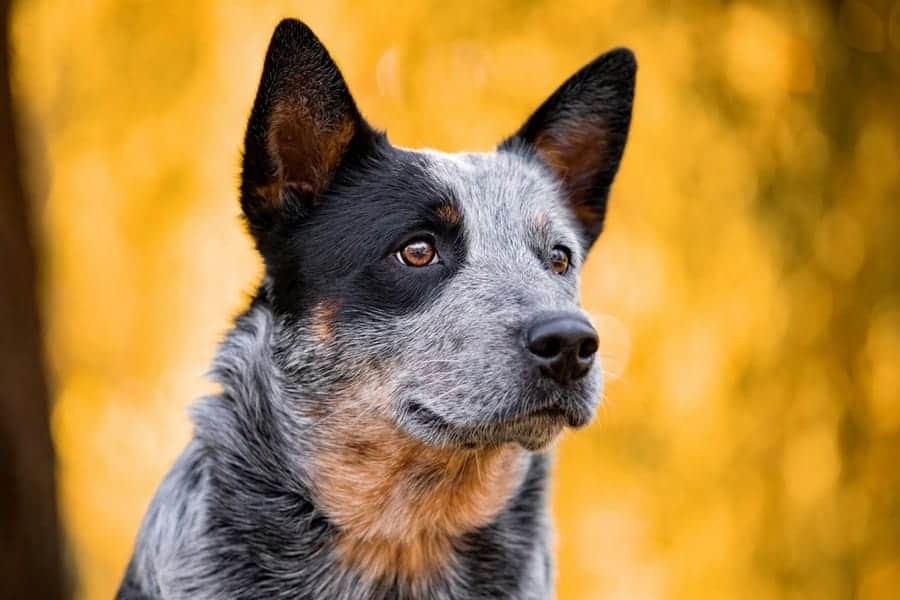
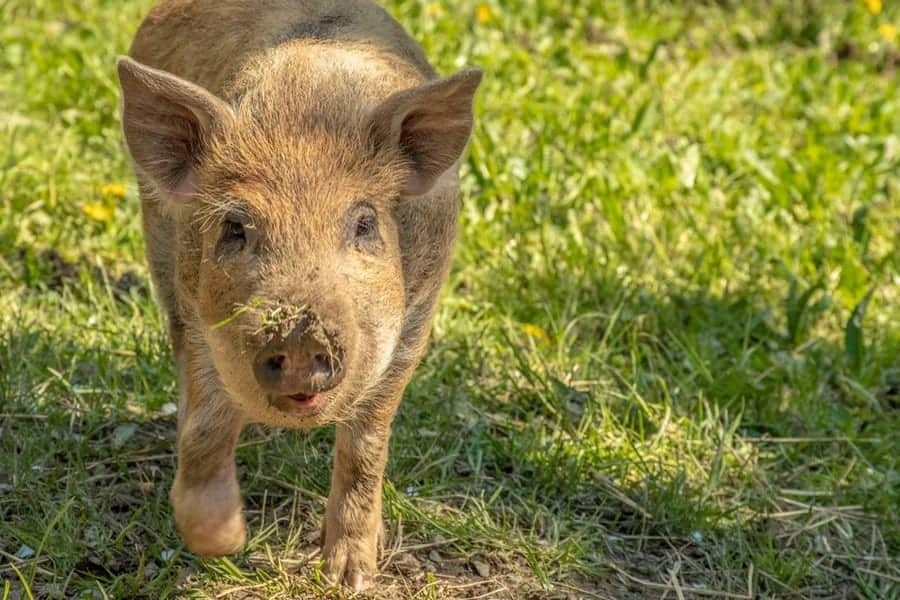
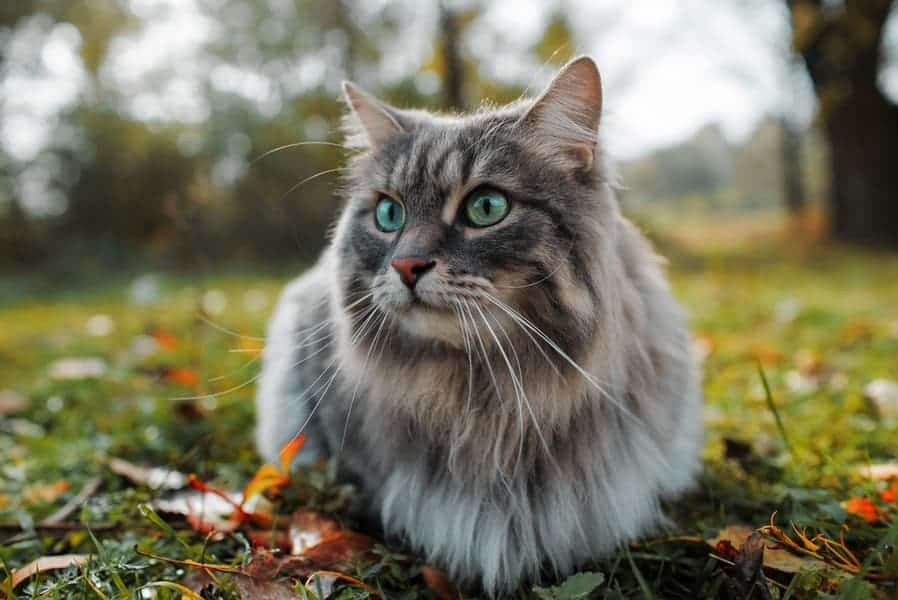
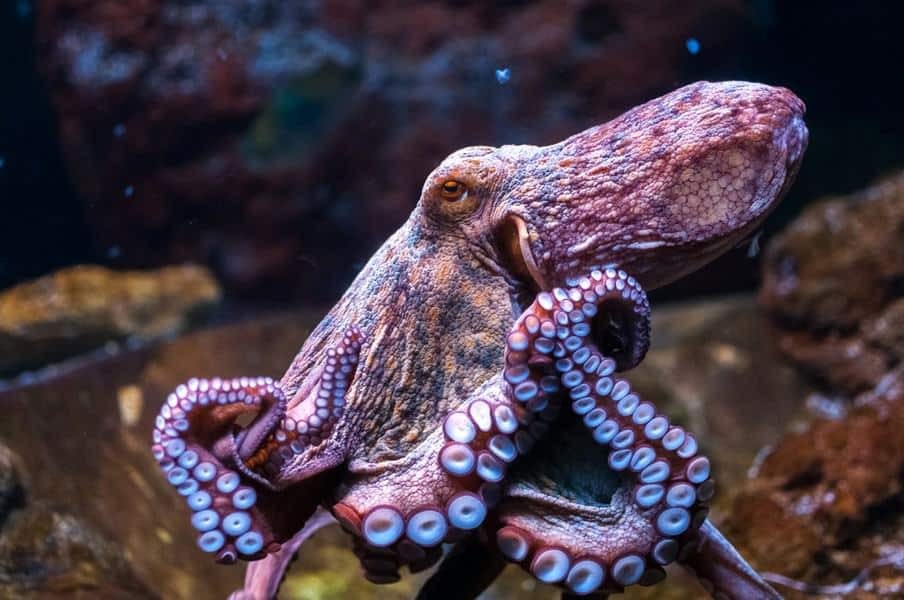
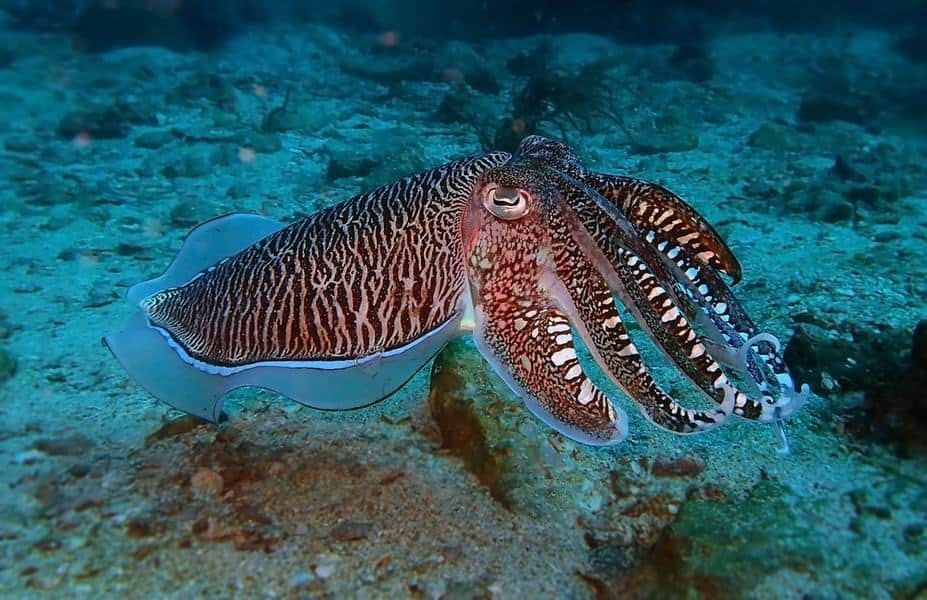


Uncover the Wonders of Animal Intelligence with WHAT.EDU.VN
Do you have more questions about animal intelligence? Are you curious about the cognitive abilities of specific species? Don’t hesitate to ask your questions on WHAT.EDU.VN. Our community of experts and enthusiasts is ready to provide you with accurate and insightful answers, completely free of charge. Expand your knowledge, satisfy your curiosity, and join the conversation today! Visit what.edu.vn at 888 Question City Plaza, Seattle, WA 98101, United States, or contact us via WhatsApp at +1 (206) 555-7890. Your quest for knowledge begins here!